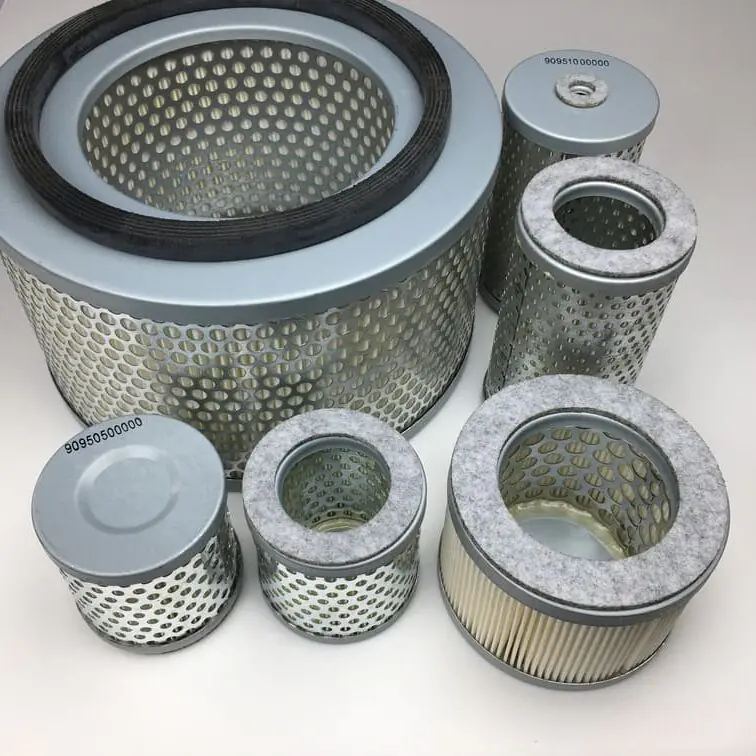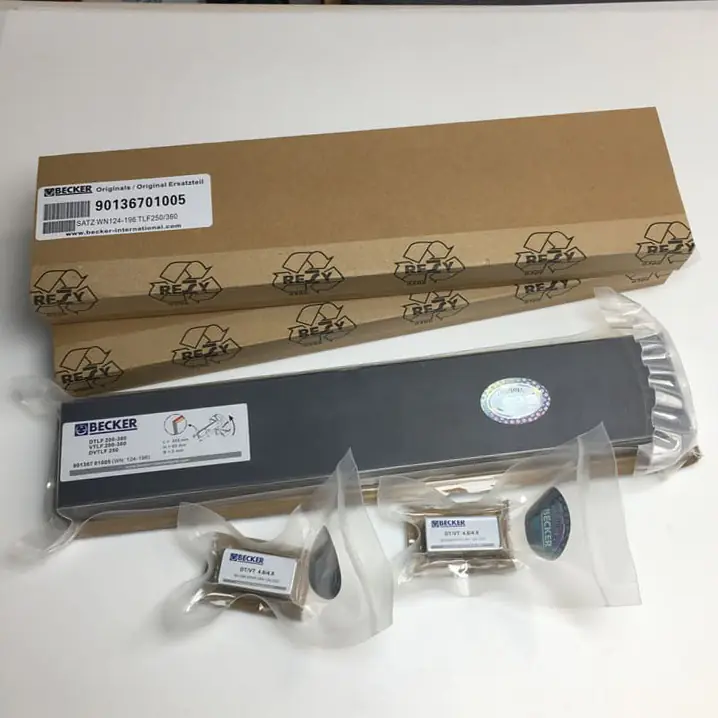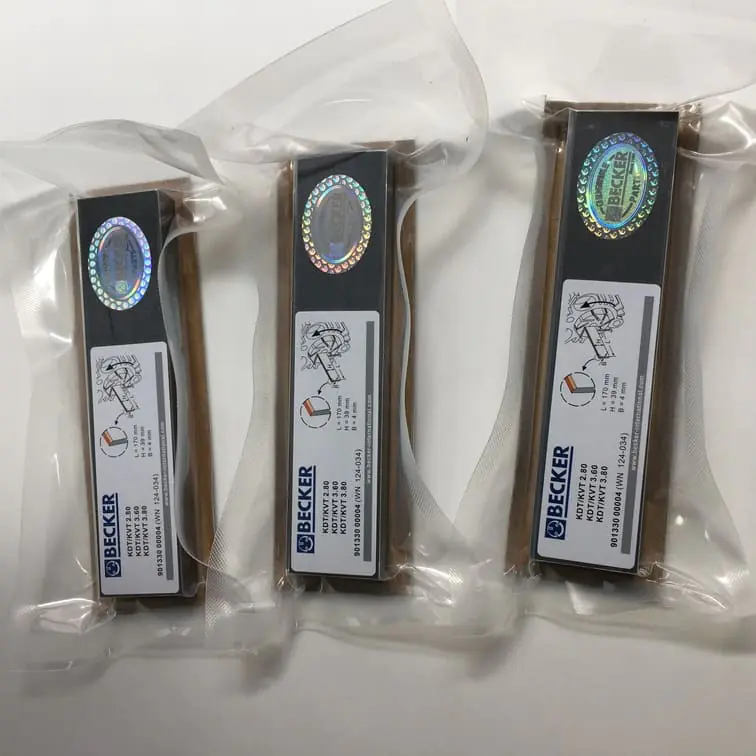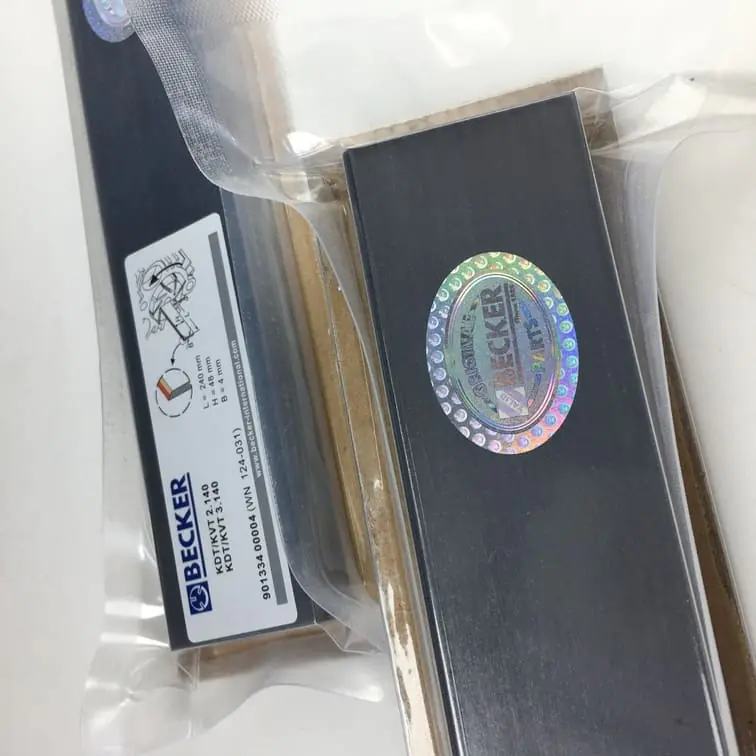Can You Substitute Vacuum Pump Oil?
Vacuum pump oil is an essential component in the maintenance and effective functioning of vacuum pumps. But what if you run out of it, or you can’t find the specific type recommended by the manufacturer? This brings us to an important question: can you substitute vacuum pump oil? In this comprehensive guide, we will explore the role of vacuum pump oil, considerations when substituting it, and potential alternatives that may work without compromising your equipment’s performance.
Understanding Vacuum Pump Oil
Vacuum pump oil is specifically formulated to ensure the smooth operation of vacuum pumps. It performs several key functions, including lubrication, cooling, and sealing of the pump’s internal components. Unlike standard oils, vacuum pump oils are engineered to withstand the unique conditions present in these systems, such as high temperatures and low pressures.
Key Features of Vacuum Pump Oil
- Low Vapor Pressure: This property prevents the oil from evaporating under vacuum conditions, which is critical to maintaining efficiency.
- High Flash Point: A higher flash point helps the oil remain stable at high temperatures, reducing the risk of combustion.
- Good Lubrication: Effective lubrication minimizes wear on moving parts, extending the lifespan of your pump.
- Low Evaporation Heat: This ensures minimal heat is lost during the pumping process.
| Feature | Importance |
|---|---|
| Low Vapor Pressure | Prevents evaporation under vacuum |
| High Flash Point | Ensures stability at high temperatures |
| Good Lubrication | Reduces wear on pump components |
| Low Evaporation Heat | Maintains thermal efficiency |
“Using the right vacuum pump oil is crucial for optimal pump performance and longevity.”
Why You Should Be Cautious with Substituting Vacuum Pump Oil
When considering a substitute for vacuum pump oil, it’s important to understand why using the specific oil recommended by the pump manufacturer is often the best choice. Here are some reasons why you should be cautious:
- Compatibility Issues: Not all oils are compatible with the materials used in vacuum pumps. Using an incompatible oil can lead to chemical reactions that damage seals and other components.
- Performance Degradation: Vacuum pump oils are formulated to maintain low vapor pressures, essential for effective vacuum creation. A substitute oil might not maintain the same performance, leading to inefficiencies or even failure.
- Increased Wear and Tear: Oils that do not offer the same lubrication qualities as vacuum pump oil can cause increased friction, resulting in more wear and a shorter lifespan for the pump.
Types of Oils Used in Vacuum Pumps
There are various types of vacuum pump oils, each designed for specific pump types and applications. Understanding these can help in making an informed decision regarding possible substitutes.
1. Mineral Oil
Mineral oil is the most common type used in rotary vane vacuum pumps. It is derived from refined crude oil and has good lubrication properties suitable for general-purpose vacuum applications.
Pros:
- Affordable and widely available.
- Suitable for most non-corrosive environments.
Cons:
- Not suitable for high-temperature or chemically aggressive conditions.
2. Synthetic Oil
Synthetic oils, such as PFPE (Perfluoropolyether) and ester oils, are designed to withstand harsher environments and offer better thermal and chemical stability.
Pros:
- High flash point and low vapor pressure make them suitable for demanding applications.
- Longer oil change intervals compared to mineral oils.
Cons:
- Typically more expensive than mineral oil.
| Type of Oil | Characteristics | Ideal Applications |
|---|---|---|
| Mineral Oil | Affordable, general purpose | Standard non-corrosive conditions |
| Synthetic Oil (PFPE) | High stability, low vapor pressure | High-temp, chemically aggressive |
Can You Substitute Vacuum Pump Oil?
The short answer is yes, but with limitations. Not all oils are suitable substitutes for vacuum pump oil, and substituting without careful consideration can harm your equipment. Here are a few considerations:
1. Matching Oil Specifications
If you must substitute, ensure the substitute oil matches the original viscosity and vapor pressure as closely as possible. Oils with a higher vapor pressure can compromise the vacuum level achievable by your pump.
Tip: Always consult the pump manufacturer’s guidelines before using any substitute.
2. Use of Automotive Engine Oil
In emergency situations, some users consider automotive engine oil as a substitute. However, it is important to note that engine oils are not formulated for vacuum use and typically have a high vapor pressure. Using them can lead to increased contamination and ultimately reduce pump performance.
3. Hydraulic Oil as a Substitute
Hydraulic oils are also sometimes used in a pinch. They have good lubricating properties but may not possess the necessary low vapor pressure required for vacuum pumps. This means they might work temporarily but could cause efficiency issues in the long term.
4. Specialized Oils
For applications involving high temperatures or chemical exposure, use specialized synthetic oils. PFPE oils, for example, are designed to withstand aggressive environments and can often be used as a substitute for traditional mineral oils.
| Possible Substitute | Suitability | Limitations |
|---|---|---|
| Engine Oil | Emergency use only | High vapor pressure, contamination risk |
| Hydraulic Oil | Lubrication in emergencies | Lacks low vapor pressure |
| Synthetic Oils (PFPE) | Suitable for aggressive environments | Expensive, overkill for standard uses |
Risks Associated with Using the Wrong Oil
Using the wrong oil can have several negative consequences for your vacuum pump:
- Reduced Efficiency: Incompatible oils can lead to a significant drop in efficiency, making it harder to achieve the desired vacuum level.
- Increased Wear: Poor lubrication can result in excessive wear of the pump’s moving parts, leading to costly repairs or replacements.
- System Contamination: Oils with high vapor pressure may vaporize, leading to contamination of the vacuum system and affecting the process the pump is supporting.
“The right oil choice can be the difference between a smoothly functioning pump and one that requires frequent repairs.”
Recommendations for Selecting Vacuum Pump Oil Substitutes
- Manufacturer Recommendations: Whenever possible, follow the manufacturer’s recommendations for the type of oil used. Using recommended oil ensures the best performance and longevity of the pump.
- Consider Oil Type and Application: Match the oil type (e.g., mineral or synthetic) to the specific operating conditions of your pump. For high-temperature or corrosive environments, synthetic oils like PFPE are often ideal.
- Avoid Engine Oils: Automotive oils should only be used in emergencies, as they are not designed for vacuum use and can significantly reduce the pump’s efficiency.
Frequently Asked Questions
1. What can I use as a substitute for vacuum pump oil?
You may consider hydraulic oils or synthetic oils in emergency situations. However, ensure the substitute has similar viscosity and low vapor pressure to avoid compromising your pump’s efficiency.
2. Can engine oil be used in a vacuum pump?
Engine oil should only be used in emergencies as it has a high vapor pressure and can lead to contamination and reduced vacuum performance.
3. Is synthetic oil better for vacuum pumps?
Synthetic oils like PFPE are better suited for high-temperature or chemically aggressive environments. They provide better stability and longer oil change intervals compared to mineral oils.
4. What are the risks of using the wrong oil in a vacuum pump?
Using the wrong oil can lead to reduced efficiency, increased wear, and system contamination due to inappropriate vapor pressures or poor lubrication qualities.
5. Where can I buy vacuum pump oil?
You can buy vacuum pump oil from specialized suppliers such as Vacuum Pump Spare Parts, ensuring you receive quality products that match your pump’s specifications.
Conclusion
Substituting vacuum pump oil is possible but must be approached cautiously. Using the correct type of oil is essential to maintain your vacuum pump’s performance, efficiency, and longevity. When in doubt, always consult the manufacturer’s recommendations or opt for a specialized vacuum pump oil that matches the original specifications as closely as possible. Reliable suppliers such as VacuumPumpPart.com can provide high-quality oils and parts to keep your vacuum pump running efficiently.
Remember, the right oil ensures the smooth operation and long life of your vacuum pump, helping you avoid costly repairs and downtime.




